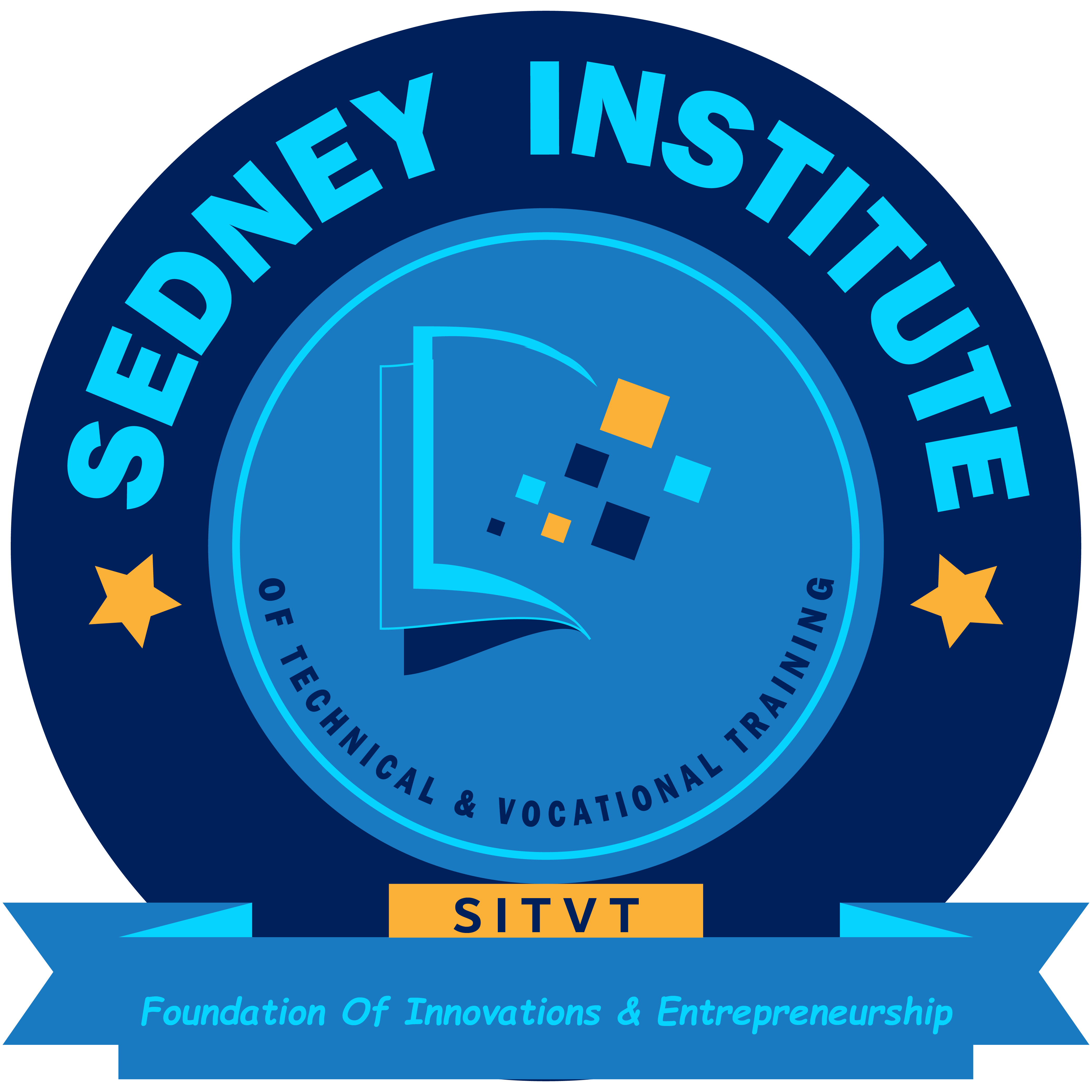About the Course
The Diploma in Welding and Fabrication program is designed to provide students with a comprehensive understanding of welding processes, metal fabrication techniques, and industry-standard practices. This program offers a blend of theoretical knowledge and practical skills training to prepare students for a variety of careers in the welding and metalworking industries. Key components of the course include:
1. Advanced Welding Processes:
In-depth exploration of advanced welding processes such as Gas Metal Arc Welding (GMAW), Gas Tungsten Arc Welding (GTAW), Flux-Cored Arc Welding (FCAW), and Submerged Arc Welding (SAW).
Hands-on training in welding exotic materials, including aluminum, stainless steel, and titanium.
Understanding the applications, advantages, and limitations of each welding process.
2. Welding Technology and Automation:
Introduction to welding automation systems, robotic welding, and computerized welding controls.
Hands-on experience with automated welding equipment and programming.
Understanding the integration of welding technology into modern manufacturing processes.
3. Advanced Fabrication Techniques:
Advanced metal fabrication skills, including CNC machining, laser cutting, and precision forming.
Fabrication of complex metal structures, assemblies, and components.
Utilization of computer-aided design (CAD) software for fabrication planning and layout.
4. Welding Inspection and Quality Assurance:
Advanced training in welding inspection techniques, including non-destructive testing (NDT) methods such as ultrasonic testing, radiographic testing, and magnetic particle inspection.
Quality assurance procedures, documentation, and compliance with industry standards and codes.
Preparation for certification exams for welding inspectors and quality assurance professionals.
5. Metallurgy and Heat Treatment:
Comprehensive understanding of metallurgical principles related to welding, including phase transformations, grain structure, and material properties.
Heat treatment processes and their effects on welded materials.
Selection of welding consumables and materials for specific applications based on metallurgical considerations.
6. Welding Project Management:
Project planning, scheduling, and budgeting for welding and fabrication projects.
Resource allocation, procurement, and logistics management.
Collaboration with engineering teams and stakeholders to ensure project success.
7. Occupational Health and Safety:
Advanced safety practices and procedures in welding and fabrication environments.
Hazard identification, risk assessment, and mitigation strategies.
Regulatory compliance and adherence to safety standards such as OSHA and ANSI.
8. Professional Development and Communication Skills:
Enhancing communication, teamwork, and leadership skills in a professional setting.
Resume writing, job interview preparation, and career development strategies.
Understanding ethical considerations and professional responsibilities in the welding industry.
Prerequisites:
Completion of high school diploma or equivalent.
Basic understanding of mathematics, physics, and mechanical principles.
Course Format:
The program consists of classroom lectures, laboratory exercises, workshops, and hands-on projects.
Emphasis on practical training in welding and fabrication techniques.
Access to state-of-the-art welding equipment, fabrication tools, and simulation software.
Assessment:
Evaluation through written exams, practical assessments, welding projects, and presentations.
Continuous feedback and performance reviews to track student progress.
Outcome:
Graduates of the Diploma in Welding and Fabrication program will be prepared for various roles in the welding and metalworking industries, including welder, fabrication technician, welding inspector, quality assurance specialist, and welding engineer.
Opportunities for career advancement in specialized areas such as aerospace, automotive, shipbuilding, construction, and manufacturing.
Potential pathways for further education, including bachelor's degrees in engineering or welding technology, professional certifications, and advanced training programs.
.png)


